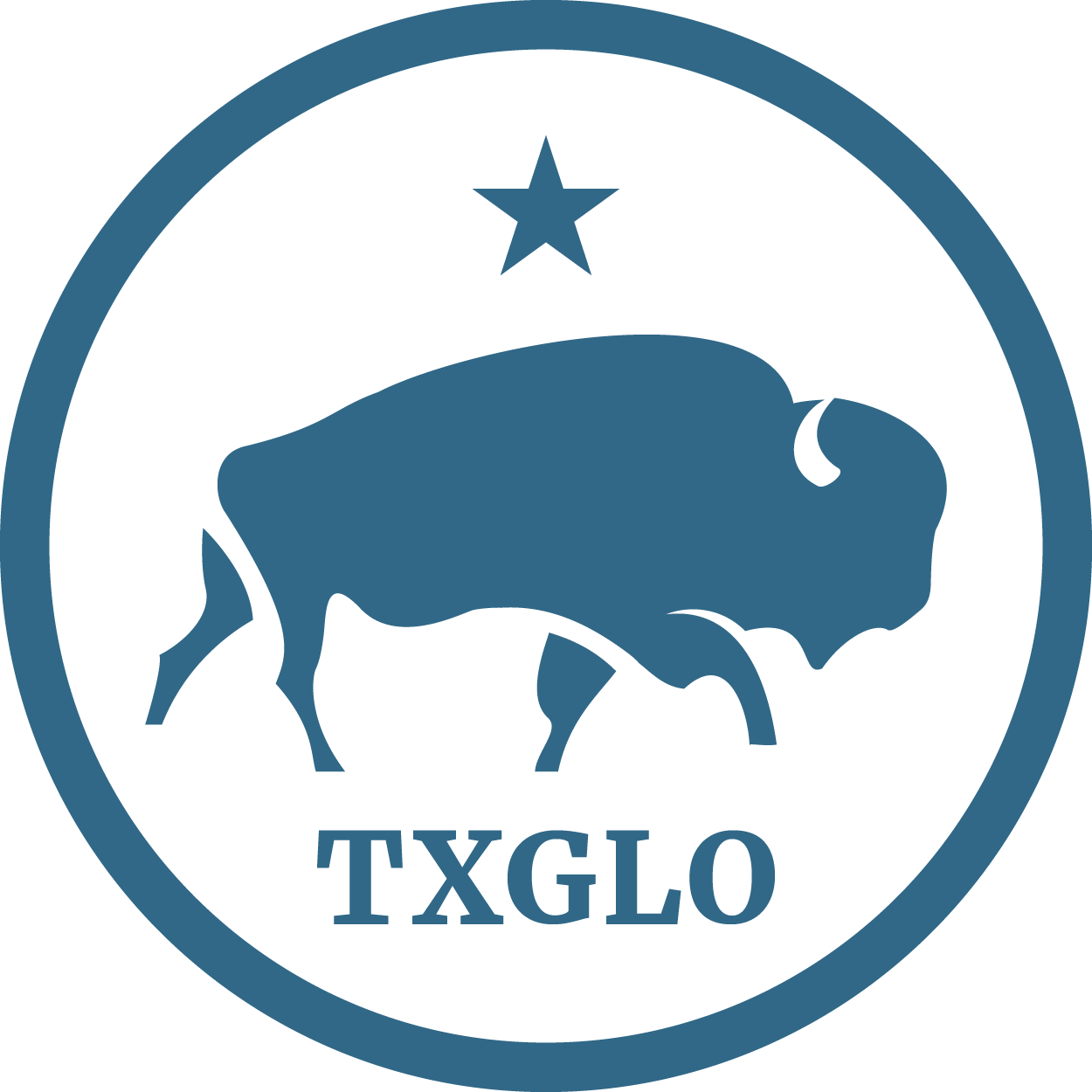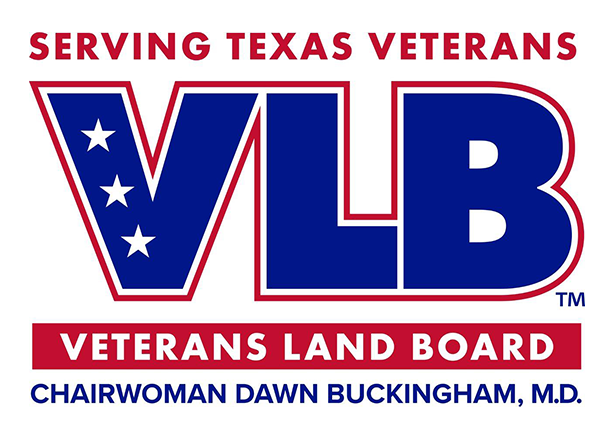Summary
TAMUCC will conduct bacteria source tracking for the Cedar Lakes area at four to six DSHS stations for two sampling events (one dry weather, one after rainfall), using antibiotic resistance analysis of E. coli isolates. TAMUCC will collect fecal samples from snow geese to generate approximately 100-150 E. coli isolates to supplement the existing bacteria source-tracking library for Copano Bay. TAMUCC will use the existing library with the additional geese isolates, to assess sources of contamination in the Cedar Lakes area by categorizing isolates using discriminant analysis.The Department of State Health Services (DSHS), in conjunction with Texas A&M University - Corpus Christi (TAMUCC) will collect bacteria samples at eight stations within Cedar Lakes over 30 sampling events to test for fecal coliform. TAMUCC will use the collected samples to perform bacterial source tracking. This data will provide adequate, up-to-date information to reassess the Cedar Lakes area for oyster use.
Basics
Classification
- CMP 309








